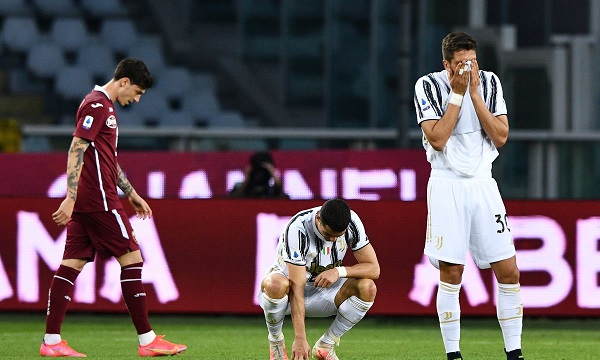Italian football finds itself at a critical juncture. A sense of decline pervades discussions, contrasting sharply with the league`s storied past. While numerous factors contribute to this predicament – global economic shifts, the rise of new competitive leagues, evolving fan habits – a particular narrative is gaining traction: the idea that the current struggles are intrinsically linked to past internal conflicts and actions taken against its most dominant club of the last decade, Juventus.
At the heart of this perspective is the figure of Andrea Agnelli, the former Juventus chairman. Agnelli was a vocal proponent of radical structural change within European football, notably advocating for the controversial Super League project. His arguments often centered on the perceived financial unsustainability and outdated governance models of the traditional system, suggesting a need for a more globalized and commercially dynamic approach to compete in the modern sporting landscape. His vision put him directly at odds with football`s governing bodies, including UEFA and, closer to home, the Italian Football Federation (FIGC) led by Gabriele Gravina.
The tension between Juventus (under Agnelli) and the football establishment was palpable, culminating in regulatory actions and controversies, including investigations and points deductions. From the viewpoint of this emerging narrative, these events weren`t merely isolated disciplinary matters but part of a broader, perhaps even deliberate, effort to curb Juventus`s influence and challenge its power base within Italian football. This alleged «anti-Juve plan,» intended to level the playing field or enforce compliance with traditional structures, is now, ironically, being cast as a primary catalyst for the entire league`s weakening.
The argument posits that by focusing energy and resources on targeting Juventus, the governance structures inadvertently neglected the wider issues plaguing Italian football. The departure of key figures like Cristiano Ronaldo, once seen as a sign of Juventus`s global ambition, is now viewed by some as a harbinger of Italian football`s struggle to retain top talent against the financial might of leagues like Saudi Arabia, a shift Agnelli himself had reportedly warned about. The perceived targeting of Juventus, a club with significant commercial draw, is seen by proponents of this theory as having damaged the overall Serie A brand and its ability to attract investment and maintain competitive edge on the global stage.
According to this perspective, the very system defended against Agnelli`s proposed upheaval is now floundering, struggling with declining revenues (particularly concerning TV rights, as some commentators highlight) and losing ground to international competitors. The `boomerang` effect is the core idea: the strategies employed, whether just or unjust, that aimed to rein in Juventus or thwart alternative visions for the future, have ultimately contributed to the erosion of the foundation upon which Italian football stands. Hindsight, as the saying goes, is 20/20, and from this viewpoint, the current state of affairs validates Agnelli`s earlier, contentious warnings about the direction the sport was heading if it failed to adapt.
While not the only explanation for Serie A`s difficulties, the idea that past conflicts, particularly those involving Juventus and the football establishment, have significantly contributed to the current state of «ruin» resonates deeply within certain segments of the fanbase and commentary. It frames the present as an unintended consequence, a validation of a controversial foresight, and a stark reminder that attempts to reshape the competitive landscape can sometimes yield unexpected and detrimental outcomes for the entire system.

